
The price of beer could double under unchecked climate change, as droughts and extreme temperatures cause barley yields to drop. That’s one conclusion of research we recently published in Nature Plants.
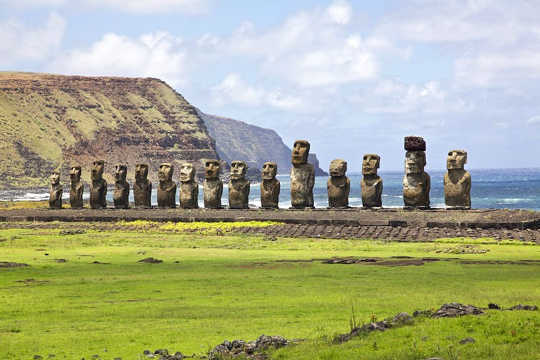
Museums, archaeological sites and historical buildings are rarely included in conversations about climate change, which tend to focus on the wider impact and global threats to our contemporary world. Yet these threats impact everything, from local cultural practices to iconic sites of outstanding universal value. In light of this, it’s worth exploring the relationship between our heritage and the changing global climate in more detail.
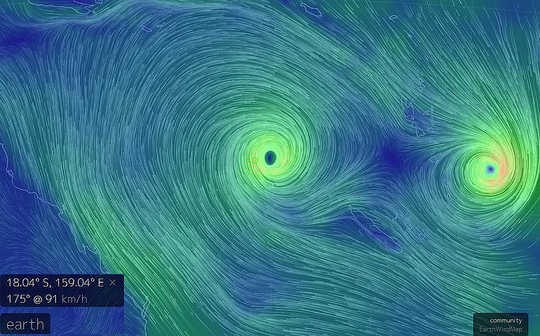
Cyclone Winston struck Fiji on February 20, 2016, leaving a trail of destruction. Winston was a Category 5 cyclone (the strongest rating) with reported wind speeds of almost 300 km per hour. This made it among the strongest cyclones ever to make landfall globally, and the and the strongest recorded in the Southern Hemisphere.
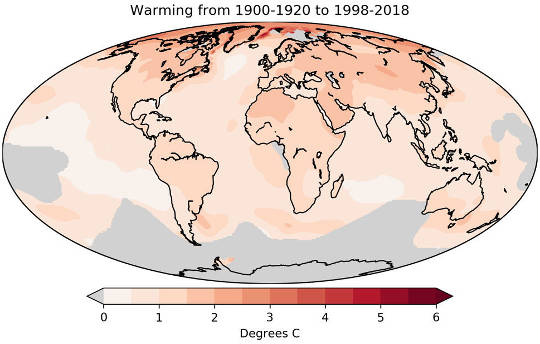
As part of the Paris Agreement on climate change, the international community committed in 2015 to limit rising global temperatures to “well below” 2C by the end of the 21st century and to “pursue efforts to limit the temperature increase even further to 1.5C”.
- By Todd Bates
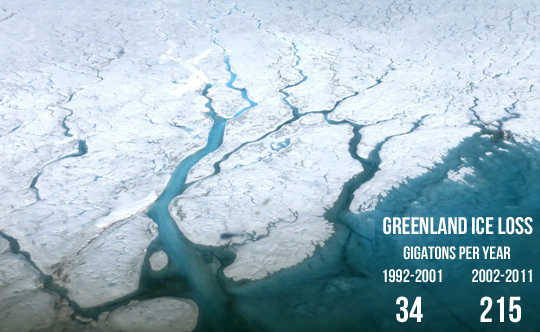
Persistent weather conditions, including dry and wet spells, that have increased in the United States may be a result of rapid Arctic warming, according to a new study.
- By Peter Barlow
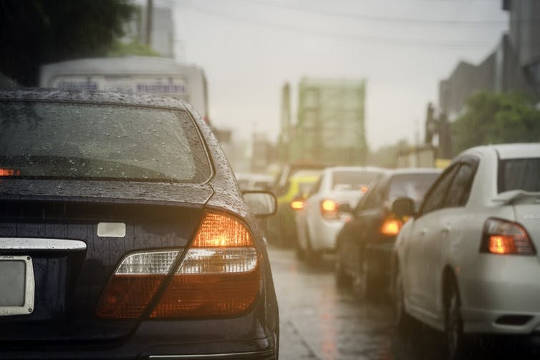
Exposure to air pollution has a staggering effect on human health. It is thought to cause around 7m premature deaths each year worldwide, with around 40,000 occurring in Britain.

Two generations of Australians, Generations X and Y, say climate change is their number one cause for concern, according to a new report. Contrary to stereotypes of young generations being narcissistic or complacent, researchers say both groups are united in concerns about the future of the environment.
- By Chanh Kieu
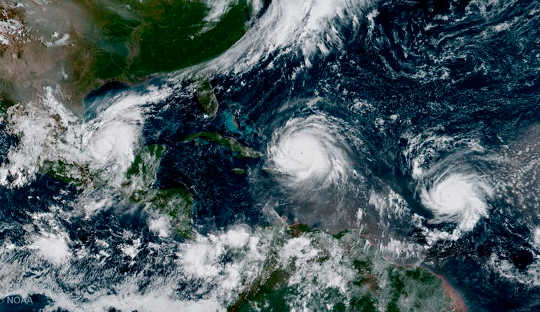
Hurricane Harvey, with its historical amount of rainfall over Texas, followed by a string of Hurricanes Irma, Jose and Katia in the North Atlantic basin in 2017, has triggered longstanding questions about any linkage between hurricanes and climate. Can we really blame these recent hurricanes on climate changes? Or are they simply a coincidence of nature happening once every few decades, similar to the triple of Hurricanes Beulah, Chloe and Doria back in 1967?
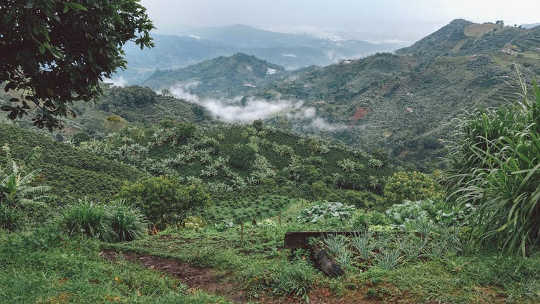
In Colombia’s coffee-producing region of Risaralda, small trees run along the sharp incline of the Andes Mountains, carefully tended in tidy rows. Thousands of green coffee berries turn brilliant red as they ripen, ready to be harvested by hand. The steep hills here prevent mechanized techniques.
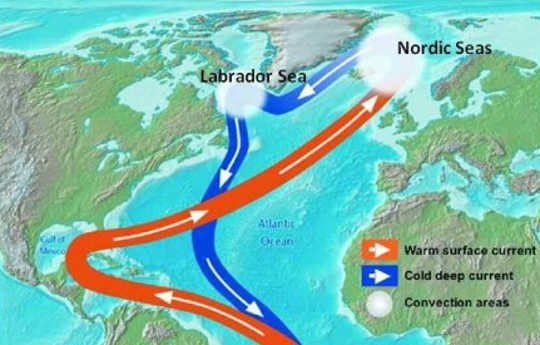 Global warming isn’t the cause of slowdown in a huge circulation pattern in the Atlantic Ocean, which is, in fact, part of regular, decades-long cycle that will affect temperatures in coming decades, according to a new study.
Global warming isn’t the cause of slowdown in a huge circulation pattern in the Atlantic Ocean, which is, in fact, part of regular, decades-long cycle that will affect temperatures in coming decades, according to a new study.
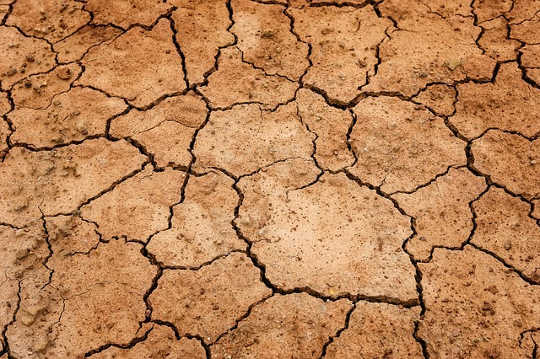
New research asks a big question: Is there such a thing as a sustainable civilization, perhaps one that lies far beyond our own galaxy? Or are all civilizations doomed to destroy themselves?

I am afraid my message is going to be controversial. You see, I think there are deep problems with the standard climate change narrative, which has equated "green" with carbon reduction.
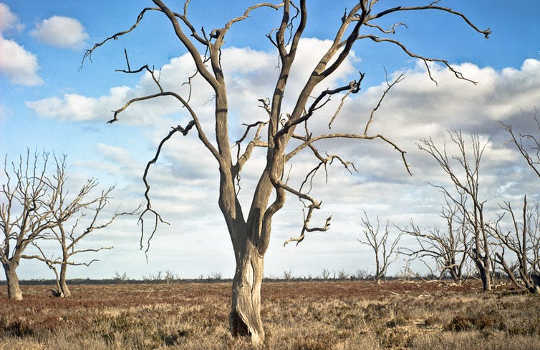
Australia is a continent defined by extremes, and recent decades have seen some extraordinary climate events. But droughts, floods, heatwaves, and fires have battered Australia for millennia. Are recent extreme events really worse than those in the past?

The targets set in the Paris Agreement on climate change are ambitious but necessary. Failure to meet them will lead to widespread drought, disease and desperation in some of the world’s poorest regions.
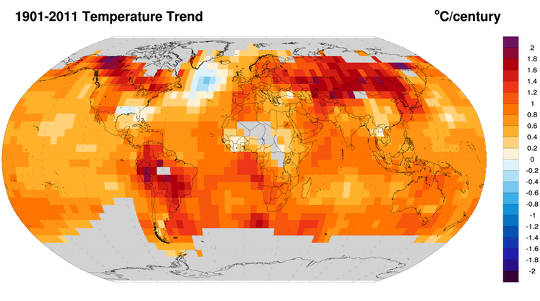
Almost every climate scientist agrees human-caused climate change is a major global threat. Yet, despite efforts over the past 30 years to do something about it, emissions keep increasing.
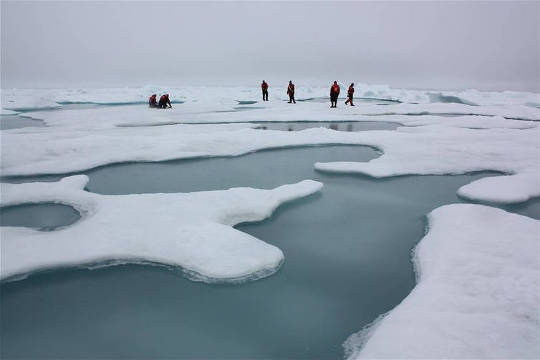
Scientists have known for a long time that as climate change started to heat up the Earth, its effects would be most pronounced in the Arctic.
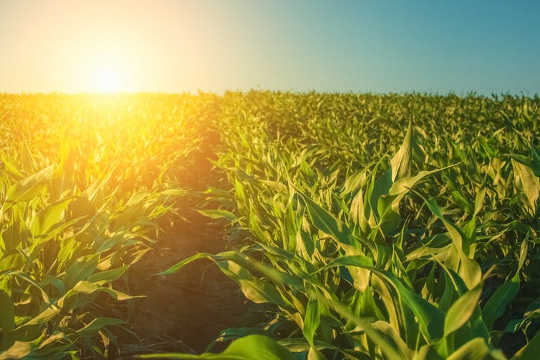
Many projections suggest that burning fossil fuels and the resulting climate change will make it harder to grow enough food for everyone in the coming decades.
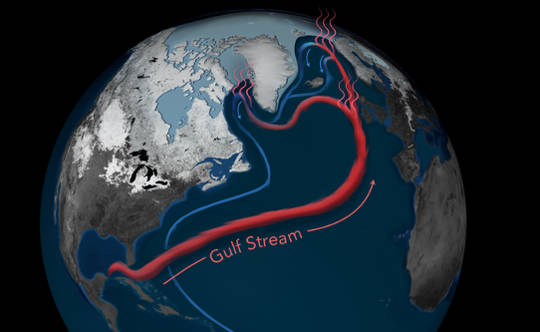
The ocean currents that help warm the Atlantic coasts of Europe and North America have significantly slowed since the 1800s and are at their weakest in 1600 years, according to new research my colleagues and I have conducted.

Science fiction writers can’t seem to agree on the rules of time travel. Sometimes, as in Doctor Who, characters can travel in time and affect small events without appearing to alter the grand course of history.
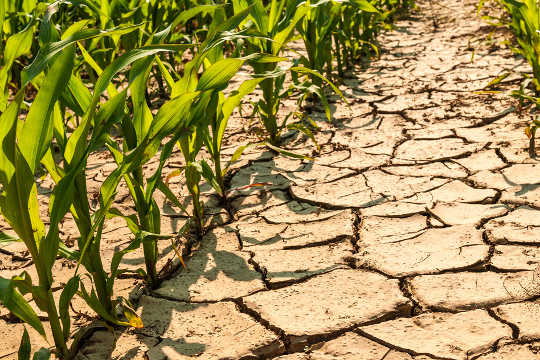 Land degradation can take many forms, but always entails a serious disruption of a healthy balance between five key ecosystem functions.
Land degradation can take many forms, but always entails a serious disruption of a healthy balance between five key ecosystem functions.
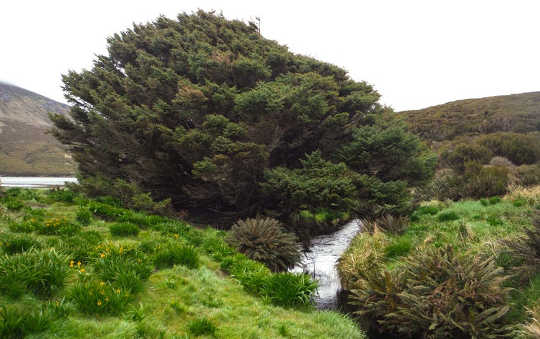
On Campbell Island in the Southern Ocean, some 400 miles south of New Zealand, is a single Sitka spruce. More than 170 miles from any other tree, it is often credited as the “world’s loneliest tree”.
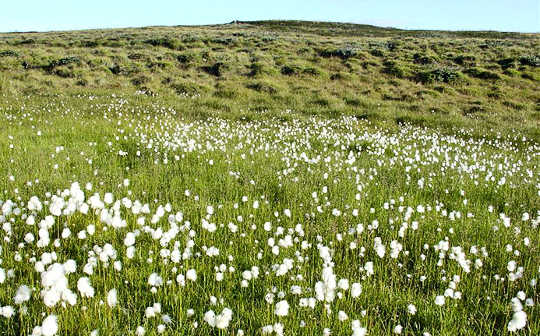
For every 10 degrees north from the equator you move, spring arrives about four days earlier than it did a decade ago, a new study suggests.
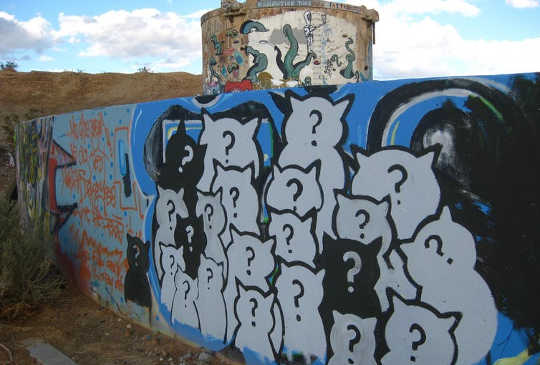
Much of the public discussion about climate science consists of a stream of assertions. The climate is changing or it isn’t; carbon dioxide causes global warming or it doesn’t; humans are partly responsible or they are not; scientists have a rigorous process of peer review or they don’t, and so on.
















